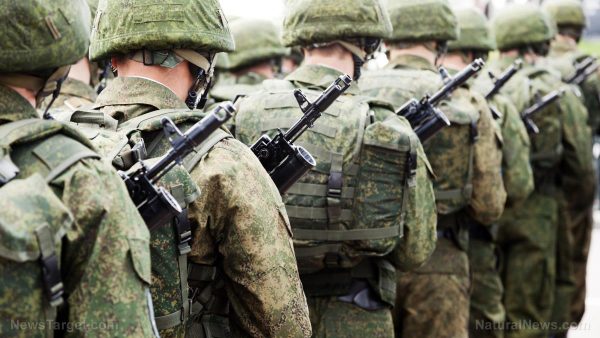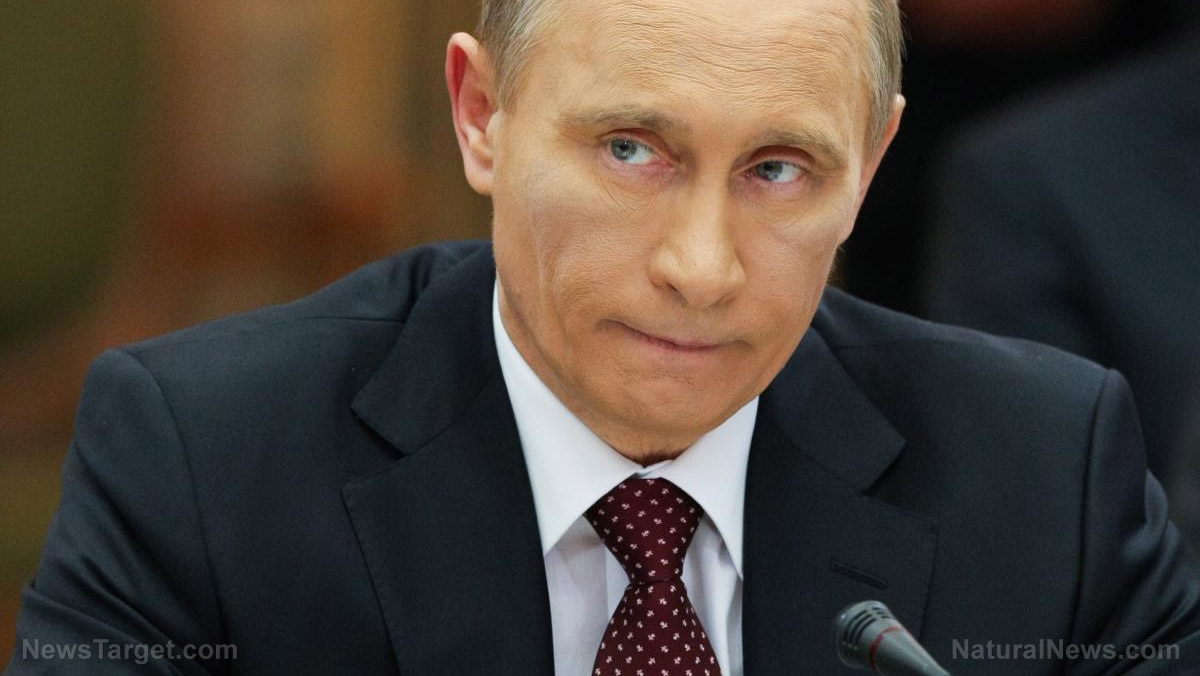"Ready... Set... Bolt!": Dmitry Orlov's provocative vision of collapse and renewal
- Dmitry Orlov, in his latest book, "Ready... Set... Bolt!" argues that societal and economic collapse is not a future threat but a current reality, particularly in the West, marked by unsustainable debt, eroding institutions and middle-class instability.
- Orlov contends that Russia is thriving despite Western sanctions, innovating domestically (e.g., agriculture, technology) and reducing reliance on the U.S. dollar, while Western policies backfire.
- He challenges mainstream narratives, framing Russia’s actions (e.g., annexation of Donetsk/Luhansk) as defensive consolidation against NATO, not expansionism.
- Citing rising polarization and distrust, Orlov warns of possible violent upheaval in the U.S., fueled by elite manipulation and systemic inequality.
- Orlov highlights Russia’s conservative values as a global counter to Western liberalism, suggesting collapse could lead to localized, sustainable systems — though the transition will be turbulent. The book serves as both a warning and a call to acknowledge systemic failures to adapt proactively.
In a world grappling with economic instability, geopolitical upheaval and deepening societal fractures, Dmitry Orlov's latest book, "
Ready... Set... Bolt!," offers a stark and unsettling forecast: collapse is not looming – it is already here. Published amid escalating tensions between Russia and the West, Orlov's work challenges conventional narratives, arguing that the decline of Western dominance is inevitable and that nations like Russia are not just surviving but thriving in the chaos. With a blend of sharp analysis and unapologetic contrarianism, Orlov forces readers to reconsider the future of global power structures, the fragility of modern economies and the potential for renewal amid systemic failure.
Orlov opens with a deceptively simple directive: "Don't Panic!" – a phrase that underscores his broader critique of how fear distorts decision-making. He draws parallels between individual panic and systemic hysteria, particularly in Western responses to Russia's annexation of regions like Donetsk and Luhansk. While mainstream discourse frames these actions as aggressive expansionism, Orlov contends they reflect a strategic redrawing of borders along cultural and historical lines.
"Russia isn't conquering; it's consolidating," he writes, arguing that Moscow's moves are defensive, aimed at securing its periphery against what it perceives as NATO encroachment. This perspective, though contentious, invites readers to question whether Western narratives oversimplify complex geopolitical realities.
Orlov first gained attention with his 2012 essay, "The Five Stages of Collapse," which outlined
how societies unravel: financial, commercial, political, social and cultural breakdowns. In "Ready... Set... Bolt!", he updates this framework, asserting that the West – particularly the U.S. – is deep into the process.
He points to unsustainable debt, the erosion of middle-class stability and collapsing trust in institutions as evidence. "The U.S. isn't headed for collapse; it's in it," he argues. Yet, Orlov offers a paradoxical silver lining: collapse, while painful, could catalyze a shift toward localized, sustainable systems. "What comes after might be better than what we're losing," he suggests, though he acknowledges the transition will be turbulent.
A central pillar of Orlov's thesis is Russia's unexpected endurance under Western sanctions. Where critics predicted economic ruin, Orlov sees reinvention. "Sanctions forced Russia to innovate," he writes, highlighting booming domestic agriculture, technology sectors and reduced reliance on imported goods.
He also contends that Western sanctions have backfired, crippling European economies more than Russia's while accelerating the
decline of the U.S. dollar's global dominance. "The petrodollar system is unraveling," he asserts, pointing to increasing bilateral trade agreements bypassing the dollar, such as those between China and India.
Perhaps Orlov's most alarming prediction is the potential for a second U.S. civil war. Citing polls indicating that 40 percent of Americans see violent conflict as likely within a decade, he argues that deepening polarization, economic disparity and institutional distrust are combustible.
"The oligarchy may prefer controlled chaos to real reform," he writes, suggesting that elites could exploit divisions to maintain power. Yet, he also posits that collapse might ultimately spur a more equitable restructuring – though not without significant suffering.
Orlov devotes considerable space to Russia's "soft power," arguing that its conservative values – emphasizing family, religion and national identity – resonate globally amid disillusionment with Western liberalism. "The West's moral relativism and identity politics are pushing people toward alternatives," he claims, framing Russia as a stabilizer in a fragmenting world.
Critics may dismiss Orlov as a Kremlin apologist, but his analysis taps into broader debates about cultural fatigue and the appeal of ideological certainty. Whether one agrees or not, his arguments compel reflection on how values shape geopolitical influence.
"Ready... Set... Bolt!" is less a doomsday manifesto than a challenge to confront uncomfortable truths. Orlov's vision is bleak but not nihilistic; he insists that recognizing collapse allows societies to adapt rather than futilely resist.
"The future belongs to those who see it coming," he writes. For readers willing to engage with his provocative claims, Orlov's book is a lightning rod for debate – a reminder that in times of upheaval, the most dangerous response may be denial.
Whether one views Orlov as a Cassandra or a contrarian, his work demands attention. As
global tensions escalate and systems strain, "Ready... Set... Bolt!" serves as both a warning and a roadmap for navigating an uncertain age.
Learn more about how to
navigate the looming societal doomsday by watching the video below.
This video is from the
BrightLearn channel on Brighteon.com.
Sources include:
Brighteon.ai
Brighteon.com
 Parler
Parler Gab
Gab










